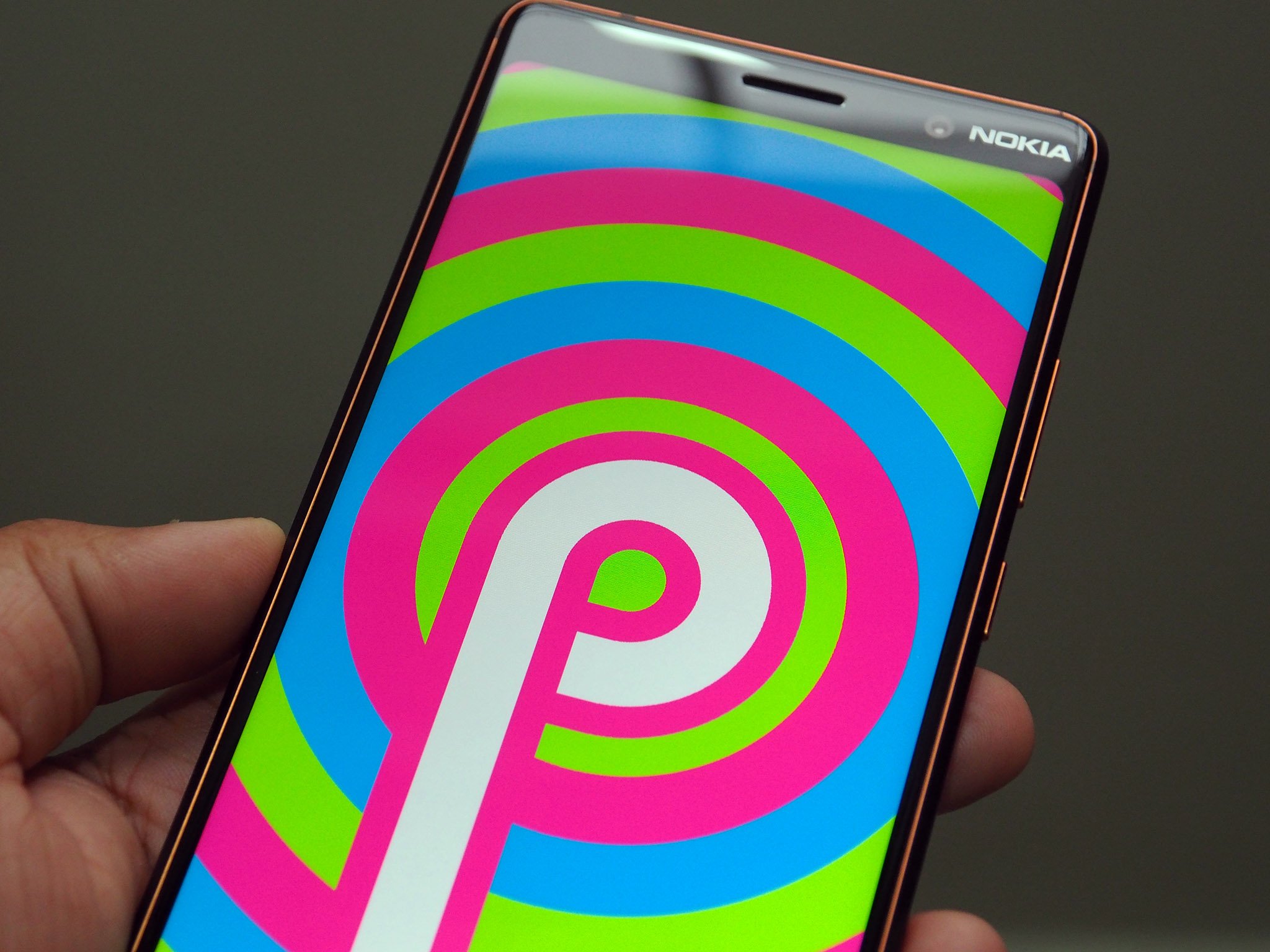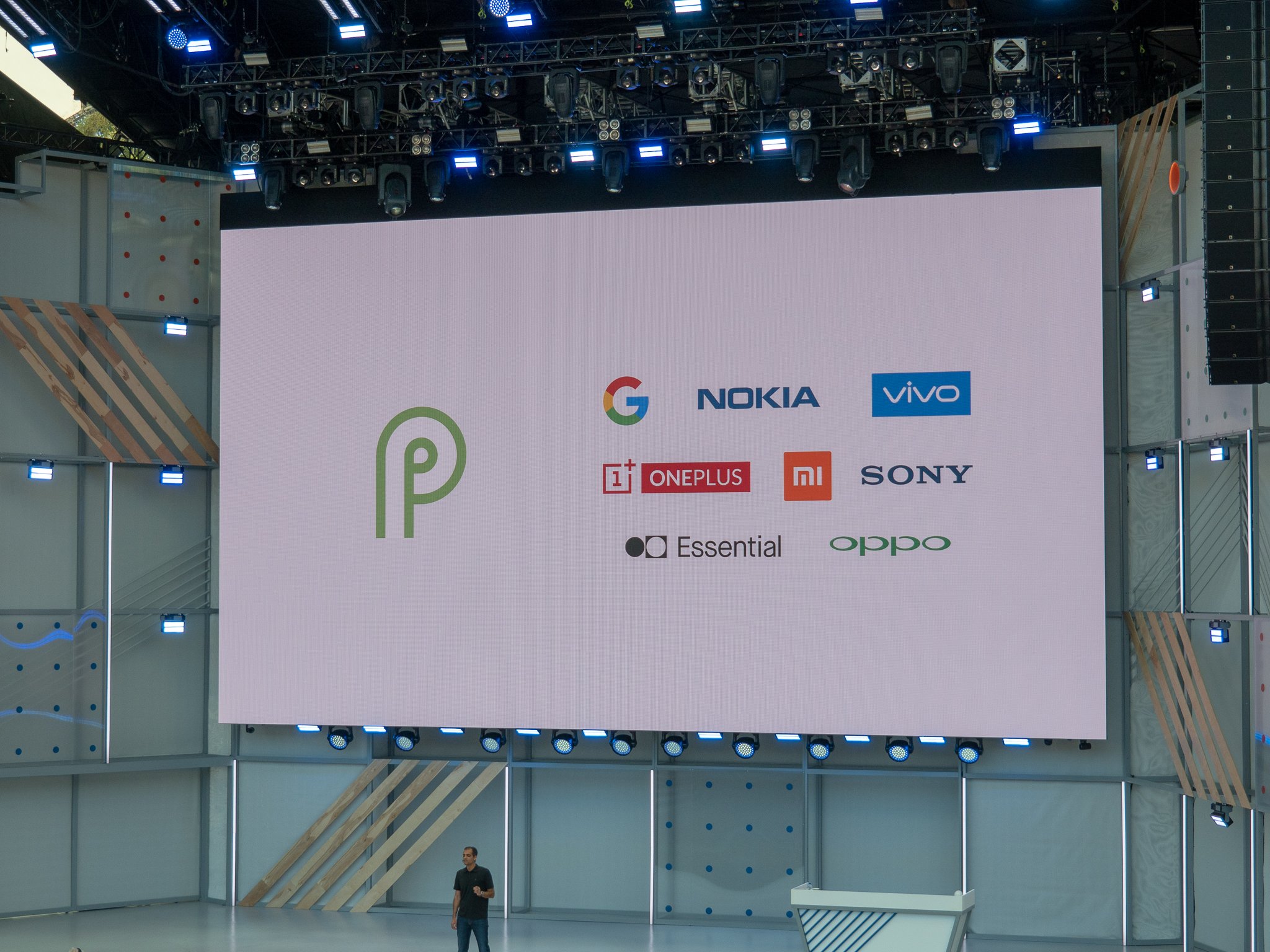I'd love to see an even longer list of supported devices with Android P's official release.
Remember a few years back, when certain phone manufacturers participated in this little thing called the Google Play Edition program? If you loved the hardware on phones like the Galaxy S4 or the HTC One but couldn't stand the customized software, this was a perfect solution — Google Play Edition phones came with stock Android software, give or take a few minor tweaks to accommodate for device-specific features.
Unfortunately, the Google Play Edition program has been dead in the water for a while now; while it was never officially discontinued, there hasn't been a new Google Play Edition phone since 2015. Sure, you could still flash stock Android ROMs onto your phone if you were willing to jump through the hoops of the rooting process, but that comes with its own caveats — the risk of bricking your phone, voiding your warranty, and breaking security-based features like Google Pay.
There's still hope, though! Android One has seemingly replaced the Google Play Edition program as a sort of spiritual successor. Some phones, like the Moto X4, are available in two versions; one with Android One, and another with some of Moto's own software customizations. Other phones, including Nokia's entire lineup moving forward, offer Android One as the only software option.
This is great news for stock Android fans who want to be able to choose from more than just the latest Pixels, but they're not the only ones who benefit. Android One works just as well on a budget device as it does on a flagship, and more importantly, it comes with the promise of regular software updates for at least two years. This is already good news for those who buy a new flagship every other year, but it's even more significant for customers with low-end phones that rarely ever see a security update, let alone updates to newer versions of Android in the future.
What we saw at Google I/O was different, though. We're used to seeing Google roll out beta previews of new Android builds at its I/O keynote, but this is the first time we've seen Google expand the beta program to non-Google devices. This even includes unreleased devices like the OnePlus 6, but if you have a phone like the Essential PH-1 you can get in on the Android P goodness right now. So what does that mean for future updates?
If you've flashed the Android P beta preview on your non-Pixel phone, it'll work exactly as a Pixel would … except that you won't be able to receive OTA updates for future builds. Any new software updates come out, you'll have to dive into your terminal and flash the update all over again. That's fine for the people who like to tinker in ADB, but for the rest of us … well, I just want my phone to work like everyone else's.
The shortlist of Android P-compatible devices is great, but I'd love to see it expand to more popular phones.
Maybe this limitation will change once Android P is officially released. That won't be for a little while now — we still don't even know what dessert P will be named after — but once it does, I'd be interested to see if non-Pixel phones will suddenly be able to receive regular updates. I'd also love to see Google expand its list of supported devices as we get closer to Android P's official launch. Phones from Sony, Xiaomi, and the like are great options, but imagine if more popular phones like the Galaxy S9 could run stock Android. I know I'd be interested.
Of course, none of this really matters if the manufacturers aren't interested. Samsung puts a lot of time and effort into its custom software, as do other companies like LG and Huawei. Whether you love or hate the software, it helps each company differentiate its products from the competition, and it's easy to see why a company would be hesitant to devote even more time into a separate team that strips that differentiation away.
This is largely why Google Play Edition was brought to an end, but Android One hasn't exactly been bad for business. Nokia has largely made a resurgence in the smartphone industry in the last year or so, and a lot of that is thanks to its embracing of Android One. The promise of timely updates alone gave Nokia a huge advantage over competing budget options like the Moto G.
Stock Android on a phone as mainstream as the Galaxy S9 may just be wishful thinking — there are just too many Samsung-centric features tied into the phone, and the Samsung Experience software is pretty good these days anyway. But even if the only option is to flash Android P onto the phone manually, I'd just be happy to see the option officially sanctioned by Google and the respective hardware manufacturers.



Post a Comment